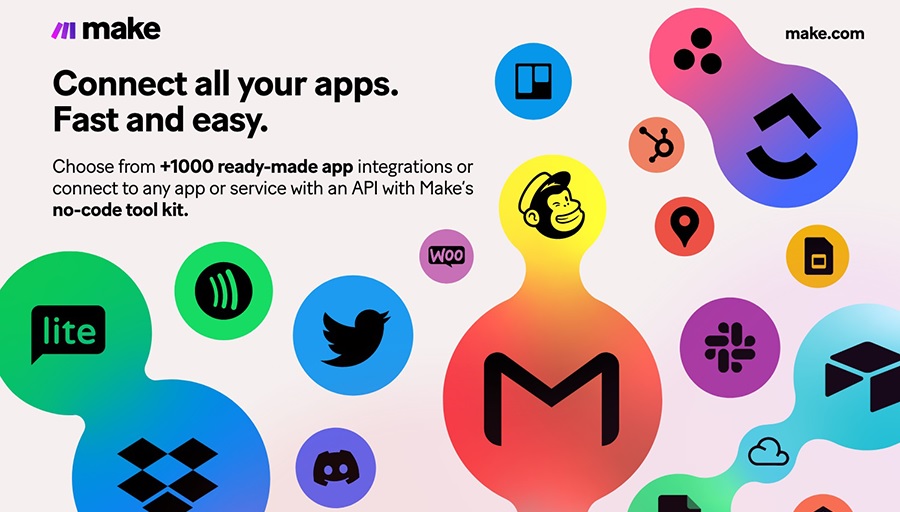
Modern organizations are swimming in oceans of information. Every click, purchase, message, or transaction generates data. The challenge is not the lack of data, but how to interpret it, filter what matters, and act on it in real time. This is where AI agents step in, serving as tireless digital assistants that transform complexity into clarity. Instead of letting teams get buried in spreadsheets, AI agents streamline decision-making by processing data at a speed and scale humans cannot match.
Contents
The Challenge of Complex Data
Complexity in data does not just mean size. It involves variety, velocity, and hidden patterns that are often hard to detect. For example, a retail business must track inventory, customer behavior, seasonal trends, and supply chain logistics all at once. A human team can analyze some of these inputs, but when thousands of variables interact, traditional methods fall short.
AI agents excel in this environment because they thrive on finding patterns in noisy, unstructured, and multidimensional data. Using advanced algorithms, they can sift through datasets that would overwhelm even the largest analytics team. Rather than producing endless reports, they surface actionable insights: what decision needs to be made, what option carries the least risk, and what future outcome is most likely.
How AI Agents Process and Simplify Complexity
Pattern Recognition and Prediction
One of the strongest abilities of AI agents is pattern recognition. By training on historical data, they can identify trends that repeat over time. A shipping company, for instance, may use AI agents to predict delivery delays based on weather, fuel prices, and traffic conditions. The agent does not just analyze the data but also predicts outcomes, enabling managers to make informed adjustments in advance.
Filtering the Signal from the Noise
Decision-makers often suffer from information overload. AI agents act as filters, stripping away irrelevant data and highlighting the key metrics that matter most. In financial trading, this could mean ignoring millions of trivial price changes and focusing instead on indicators that signal a genuine market shift.
Scenario Modeling
AI agents can simulate different decisions and compare their likely outcomes. For example, a healthcare provider can use an AI agent to evaluate treatment plans. By factoring in patient history, research studies, and projected outcomes, the agent helps doctors weigh the pros and cons of each option, reducing the guesswork in high-stakes decisions.
Real-World Applications of AI Agents in Decision-Making
Business Strategy
Corporations use AI agents to guide strategic choices. For instance, when entering new markets, an AI agent can analyze economic indicators, cultural trends, and competitor activity to recommend whether expansion is wise. Instead of relying solely on intuition, executives gain a data-backed view of potential risks and rewards.
Supply Chain Management
Global supply chains are notoriously complex, with moving parts across dozens of countries. AI agents can monitor shipments, detect bottlenecks, and recommend alternate routes in real time. By turning massive logistical datasets into actionable decisions, companies avoid delays and save millions in operating costs.
Customer Experience
AI agents play a role in tailoring customer experiences as well. They help businesses understand purchasing behaviors, preferences, and engagement trends. A streaming platform, for example, may rely on AI agents to recommend content. Behind the scenes, the agent processes thousands of data points to decide which movie or show a customer is most likely to enjoy.
Healthcare and Medicine
Doctors and researchers are also turning to AI agents to handle the complexity of medical data. An agent can review thousands of research articles, lab results, and patient histories to recommend the most effective treatment plan. This not only speeds up the decision process but also improves accuracy and patient outcomes.
Benefits of AI Agents in Decision-Making
- Speed: AI agents process information in seconds, far faster than traditional analysis.
- Accuracy: Reduced human error by basing recommendations on patterns rather than intuition alone.
- Consistency: AI agents do not get tired, distracted, or influenced by office politics.
- Scalability: Capable of handling growing volumes of data without losing efficiency.
Limitations and Ethical Considerations
As impressive as AI agents are, they are not flawless. Algorithms can inherit biases from the data they are trained on. A hiring AI agent, for example, could unintentionally discriminate if the historical data reflects biased hiring practices. This is why human oversight remains critical. Decision-makers must treat AI as a guide, not an unquestioned authority.
Transparency is another challenge. Complex models sometimes produce recommendations without clear explanations, a phenomenon known as the “black box” problem. Businesses need to balance the efficiency of AI agents with the responsibility of understanding how those decisions are reached.
The Future of Decision-Making with AI Agents
As AI agents advance, they are moving beyond reactive decision support to proactive decision-making. Imagine a future where an AI agent does not just suggest a solution but carries out routine decisions automatically. For example, an IT agent could detect a security threat and deploy a fix before human staff even notice. This shift will free up human workers to focus on creative and strategic problems rather than routine decision cycles.
We are also likely to see more integration of AI agents across industries. From agriculture to aerospace, any field that wrestles with complex data stands to benefit. The organizations that adopt AI agents early will gain an edge in agility, efficiency, and innovation.
The leap from raw data to clear decisions has always been a stumbling block for businesses and individuals alike. AI agents are changing that reality by turning complexity into clarity. They cut through overwhelming volumes of information, highlight meaningful insights, and recommend actions that make sense. By doing so, they are not replacing human judgment but enhancing it, giving people the confidence to act quickly in an increasingly complex world.

